
At the 2025 Paris Air Show, EgyptAir solidified its ambitious fleet renewal and expansion plans by confirming a firm order for six additional Airbus A350-900 aircraft, increasing its total commitment for this model to 16 jets.
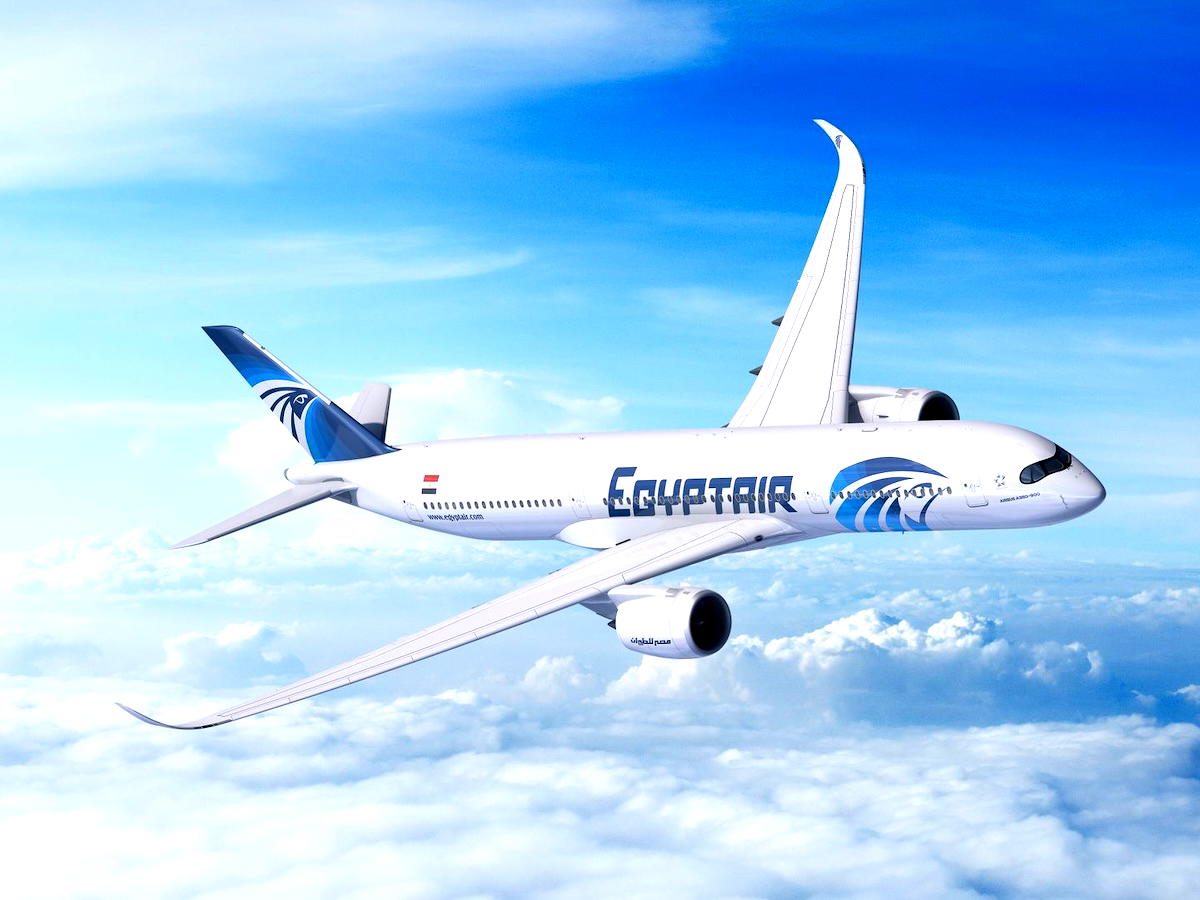
This follows the airline’s initial order of 10 A350-900s placed at the Dubai Airshow in November 2023, with the latest order converting six purchase options into firm commitments, underscoring EgyptAir’s confidence in the aircraft’s advanced capabilities and strategic fit.
Fleet Modernization and Delivery Schedule
The delivery timeline for these aircraft is carefully phased to support EgyptAir’s growth and operational efficiency. The first batch of the original 10 A350-900s is scheduled to arrive starting December 2025, with six more deliveries in 2026 and three additional aircraft by 2030.
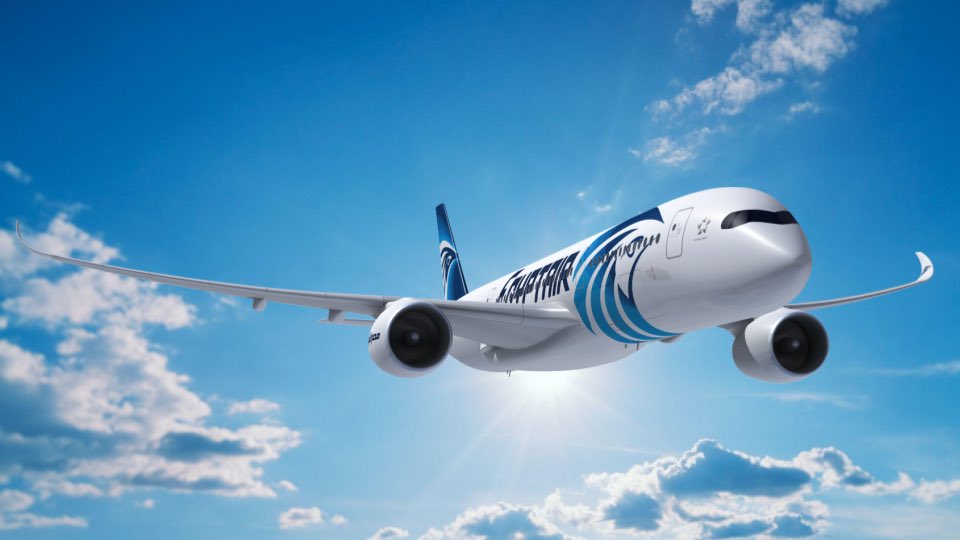
The six newly ordered A350-900s will be delivered between 2030 and 2033, ensuring a continuous influx of modern, fuel-efficient aircraft to replace aging widebodies, including six leased Boeing 777s averaging 14.6 years in service.
Aircraft Features and Passenger Experience
Configured to seat approximately 340 passengers, EgyptAir’s A350-900s feature Airbus’s latest Airspace cabin design, which enhances passenger comfort with wider seats, higher ceilings, larger overhead bins, and customizable ambient lighting.
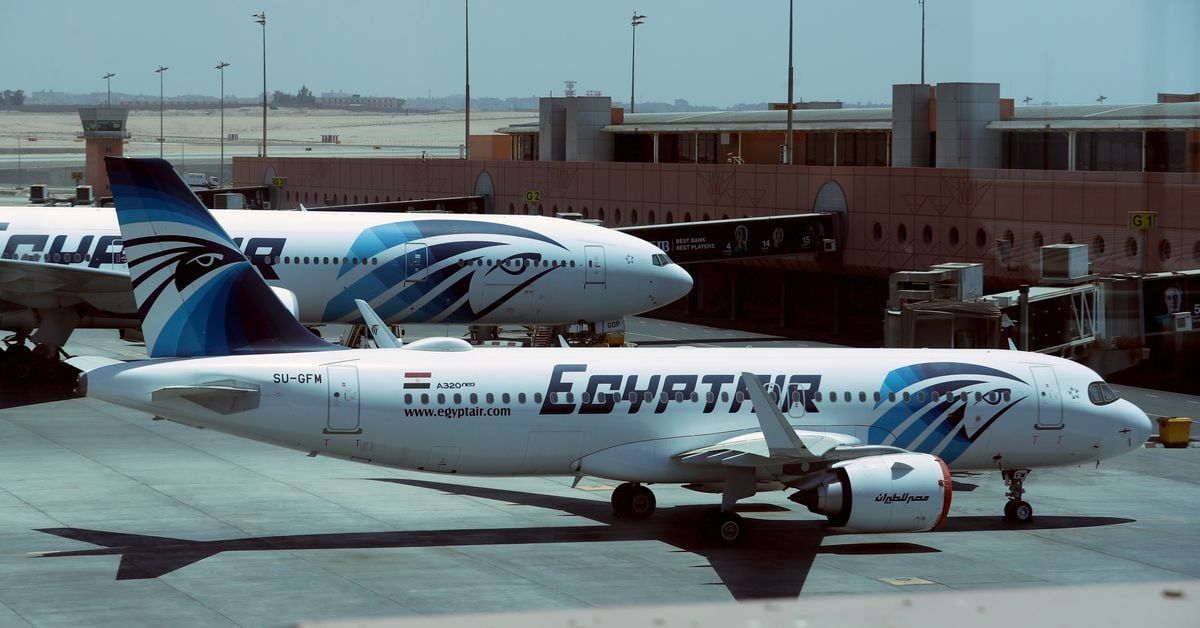
The airline is pioneering the use of Panasonic Avionics’ Astrova In-Flight Entertainment system in Africa, equipping every seat in both economy and business classes with larger screens and fast charging capabilities, elevating the onboard experience to global standards.
Operational Capabilities and Environmental Commitment
Powered by Rolls-Royce Trent XWB-84 engines, the A350-900 offers a range of up to 9,700 nautical miles (18,000 kilometers), enabling EgyptAir to expand its long-haul network to new destinations in North America, Europe, and Asia, while increasing frequencies on existing routes.
The aircraft is 25% more fuel-efficient than previous-generation widebodies and certified to operate with up to 50% Sustainable Aviation Fuel (SAF), with Airbus targeting 100% SAF capability by 2030. This aligns with EgyptAir’s commitment to reducing its carbon footprint and supporting Egypt’s national goals for sustainable aviation.
Strategic Network Expansion
EgyptAir aims to grow its destination network from 89 to 114 cities, leveraging the A350’s capabilities to enhance connectivity through its Cairo hub. The airline plans to increase flight frequencies on high-demand routes and explore new nonstop services, particularly targeting markets in Europe, the United States, and the Middle East.
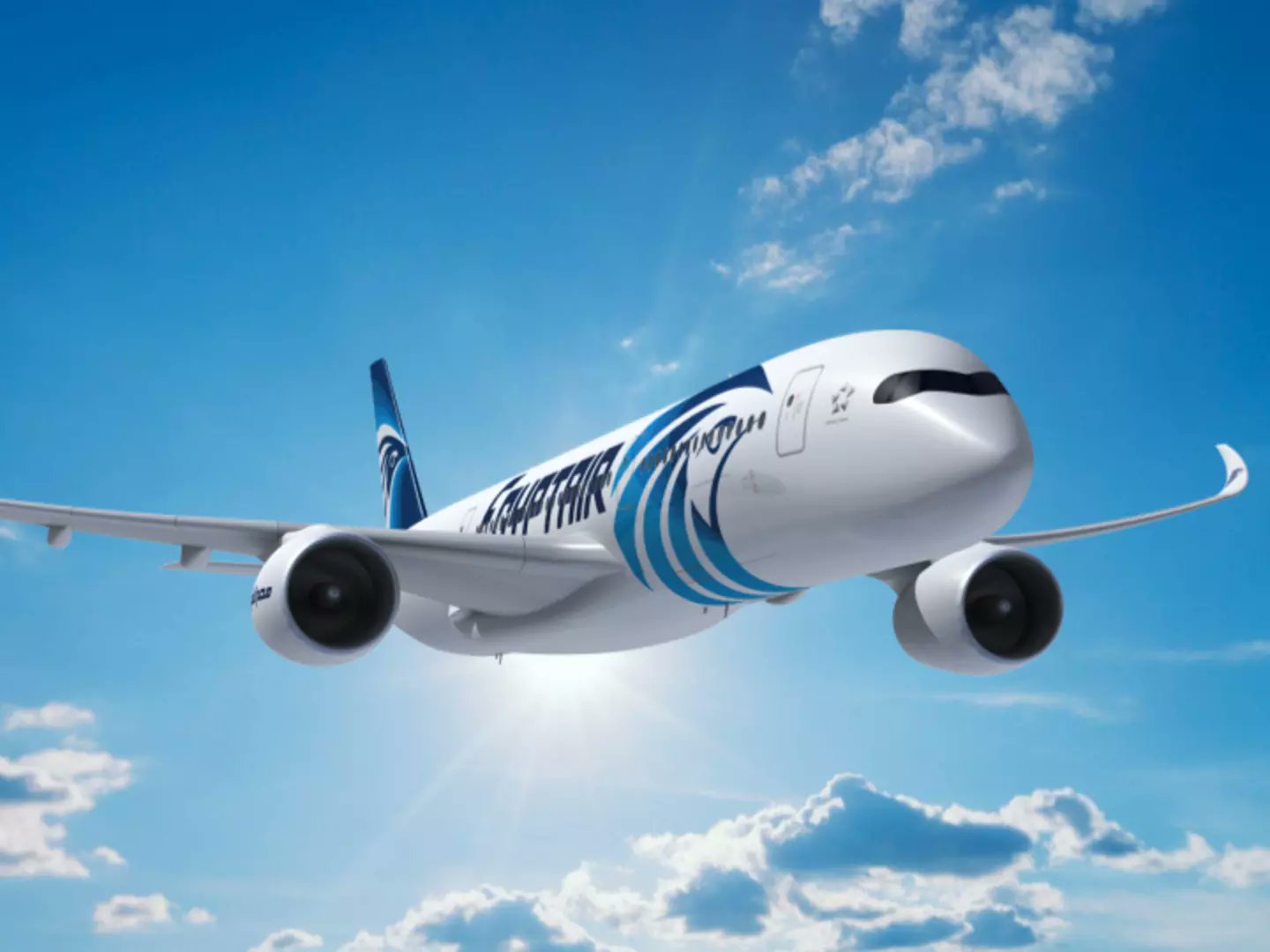
This expansion is part of a broader strategy to position Cairo as a competitive international aviation hub, complementing Egypt’s growing tourism and business sectors.
Financial and Industry Context
The order coincides with EgyptAir’s sale of its 12 Airbus A220s to lessor Azzora, optimizing its fleet composition to better match demand and operational efficiency. The integration of the A350-900 into the fleet will reduce maintenance costs and improve reliability compared to older aircraft.
Rolls-Royce, the engine supplier, welcomed the order for an additional 12 Trent XWB engines, highlighting the engine’s role in delivering superior fuel efficiency and lower emissions.
Leadership and Industry Perspectives
Captain Ahmed Adel, EgyptAir’s Chairman and CEO, emphasized that the new A350 order is a cornerstone of the airline’s five-year plan to modernize its fleet, expand its global network, and enhance sustainability. Airbus executives praised EgyptAir’s commitment, noting that the A350 family’s global order book of over 1,390 aircraft from 60 customers reflects its status as a leading widebody aircraft for efficiency and passenger comfort.
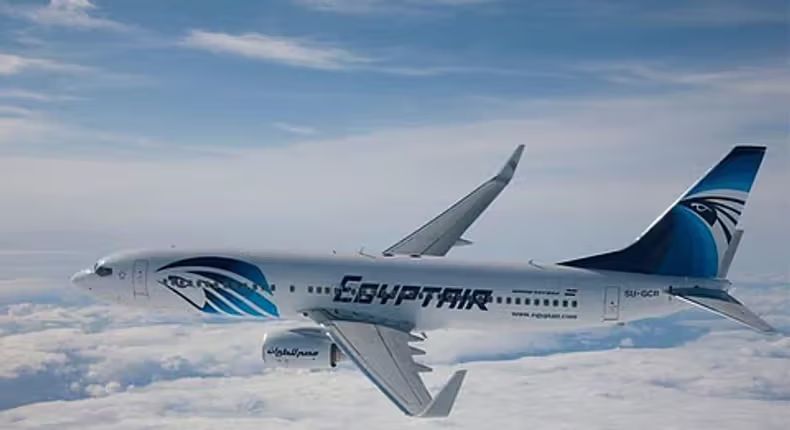
This comprehensive fleet upgrade positions EgyptAir to meet growing international travel demand with a modern, environmentally responsible fleet, while offering passengers enhanced comfort and connectivity. The airline’s strategic focus on advanced aircraft like the A350-900 supports its vision to become a major player in global aviation, leveraging Cairo’s geographic advantage and Egypt’s expanding economic ties worldwide

































.jpg)








.jpg)


.jpg)

.jpg)
.jpg)

.jpg)





.jpg)
